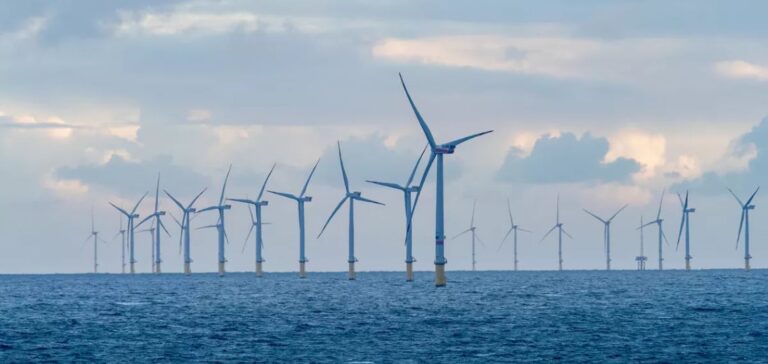The UK is to host an international energy security conference in London next spring to avoid crises like those caused by the Russian invasion of Ukraine in 2022 or the oil shock in the 1970s, the government announced on Thursday.
London Energy Congress: a call to action for carbon neutrality and geopolitical stability
The London event, which coincides with the second anniversary of Russia’s invasion of Ukraine, will bring together ministers and industry leaders, according to a statement from the Ministry of Energy.
“You can’t have global security without carbon neutrality,” stressed Energy Minister Grant Shapps in an interview with the Politico website. “There is no global security if millions of people have to uproot themselves” due to the effects of climate change.
Unlike Russia, which will not be invited, China will be. The summit will bring together oil-producing countries such as Saudi Arabia, Qatar and the United Arab Emirates.
Energy diversification and risk prevention: key themes at London energy security summit
One of the objectives of the event is to consider energy security in such a way as to avoid countries becoming over-dependent on a single energy source,” continued the British minister, citing Germany’s dependence on Russian gas and France’s dependence on nuclear power, according to Politico.
It will also discuss the various threats to energy security, including the risk of “malicious” actions by Russia or terrorist groups, as well as weather events affecting wind and solar power generation.
The announcement of this summit comes at a time when the British government has recently announced, much to the dismay of environmental organizations, the granting of new oil and gas licenses in the North Sea, which the government claims are essential as part of its strategy to achieve carbon neutrality by 2050.






















